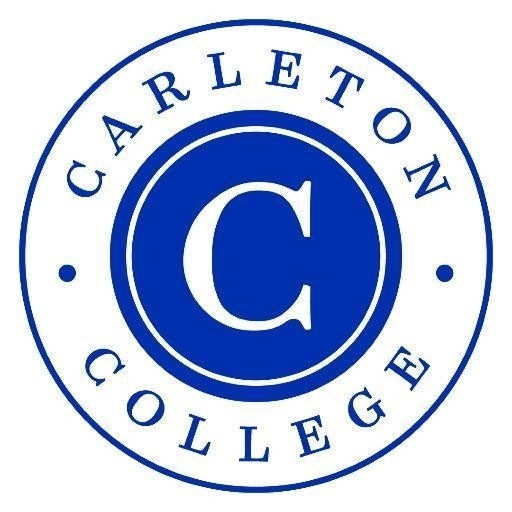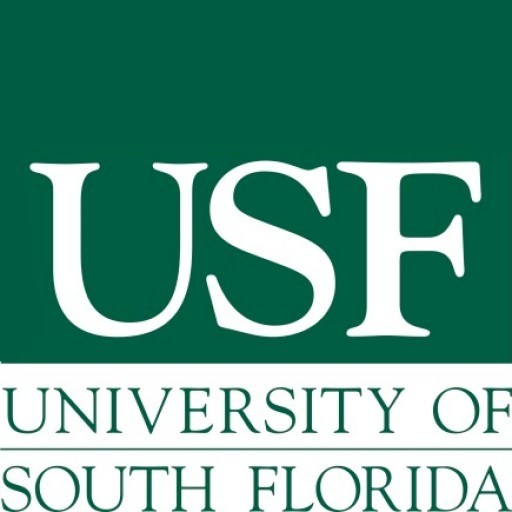Photos of university / #carletoncollege
Economics at Carleton College offers a comprehensive and rigorous exploration of the fundamental principles governing the production, distribution, and consumption of goods and services. This program is designed to develop students' analytical and critical thinking skills through a balanced curriculum that combines theoretical frameworks with real-world applications. Students will engage with a wide range of topics including microeconomics, macroeconomics, econometrics, public policy, development economics, and financial markets. Emphasizing a liberal arts approach, the program encourages interdisciplinary perspectives and fosters an understanding of economic issues within broader social, political, and ethical contexts.
The curriculum is structured to provide students with a solid foundation in economic theory, quantitative methods, and data analysis, preparing them for diverse careers in economics, finance, public policy, or further academic pursuits. Core courses build essential skills in understanding market mechanisms, economic modeling, and empirical research. Electives allow students to specialize in areas such as international economics, environmental economics, health economics, or behavioral economics. The program also offers opportunities for research projects, internships, and engagement with economics faculty who are active scholars in their fields.
Carleton College’s Economics program emphasizes experiential learning through case studies, simulations, and collaborative projects, fostering teamwork and problem-solving abilities. Students are encouraged to apply theoretical knowledge to contemporary economic challenges and policy debates, equipping them with the tools to analyze complex issues critically. The college’s small class sizes and close faculty-student interactions ensure personalized mentoring and support throughout students’ academic journeys.
Graduates of the Economics program are well-prepared for a variety of paths, including graduate study, government agencies, financial institutions, nonprofit organizations, and private enterprise. They leave with a keen understanding of economic principles and quantitative skills that enable them to interpret data, evaluate policies, and contribute thoughtfully to societal debates. Carleton’s Economics program thus combines academic excellence, practical relevance, and a commitment to developing principled, analytical thinkers ready to address the economic challenges of the future.






